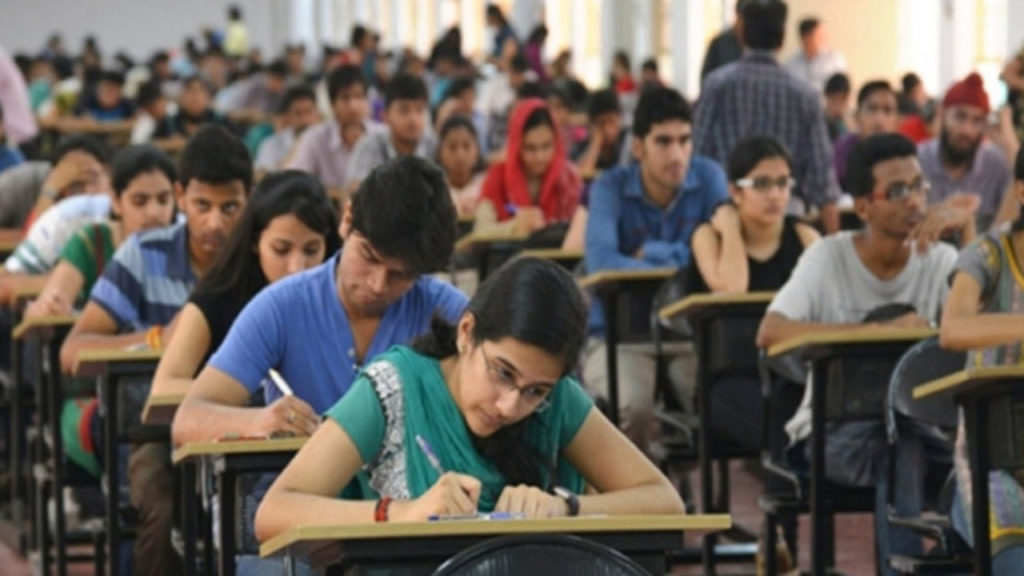The government has tabled a legislation in Parliament intending to curb cheating and unfair means adopted during various public service recruitment or admission tests. Offenses identified warrant strict penalties of 3-10 years imprisonment alongside hefty fines deterring fraudulent activities undermining assessment integrity.

The Anti-Cheating Bill covers bodies like UPSC, SSC, RRBs, banking personnel tests, national testing agency evaluations among others as cheating reports spiral amid fierce competition for limited government vacancies during recovering job markets currently.
Collusion, Leaks to Data Theft Covered
From question paper leaks, tampering with responses or seating arrangements and obstructing conduct procedures to issuing fake results/letters and manipulating IT systems – myriad violations stand listed carrying non-bailable charges now. Even assisting possibility of such frauds directly or indirectly invites action sidelining old compounding provisions.
Commercial entities like external testing partners also risk revocation of work for up to four years alongside crores in damages recovery for oversight lapses aiding abettors. Repeat or organized offenses by individuals or institutional conduits further enhancement quantum crossing ten years and Rs 10 crore penalty threshold through compounding enhancements.
Bolsters Credibility of High-Stakes Tests
Authorities stressed the deterrence framework underscores protecting transparency, ethics and standards central towards building robust evaluation frameworks at scale catering to burgeoning aspirants. This intends safeguarding genuine achievers from corrupt practices denying them career openings based on unfair means.
The legislation keeps pace with ground realities where high-stakes examination subversion cases keep rising alarmingly despite intermittent interventions. Hence further public awareness generation remains vital so youth realize shortcuts ultimately short-change career progression based on actual skills.












